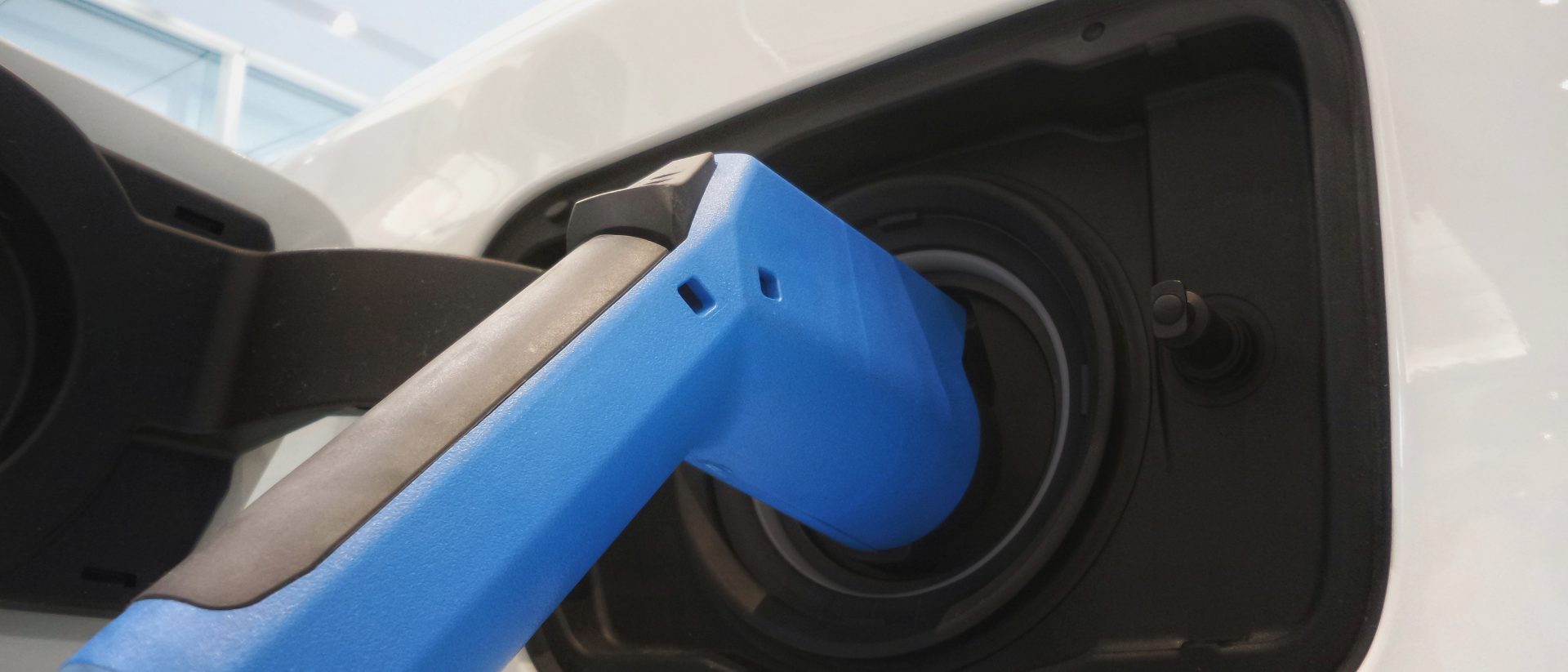- RECHARGE UK calls for EV accessibility standards to be mandated;
- Empowering the public to charge is more important than ever, and improving accessibility for all consumers is vital in doing so;
- The current PAS 1899 accessibility standard has had some success but is voluntary;
- Alongside Faircharge and Chargesafe, RECHARGE UK urges the Government to go further by ensuring all public charging sites, where feasible, must have accessible charging mandated.
RECHARGE UK is calling for all public electric vehicle (EV) charging sites to have accessible charging mandated.
The group, which is the EV arm of the REA (Association for Renewable Energy and Clean Technology), says that mandating accessibility requirements for public electric vehicle chargepoints will ensure wheelchair users always have equal access to charge their vehicle.
A standard introduced last year has helped ensure that charging an electric vehicle (EV) is accessible for all users, including disabled people. With the aim of providing an inclusive experience for people with accessibility needs, PAS 1899:2022 is a standard giving designers, procurers, and installers essential specifications on how to provide accessible public charge points for electric vehicles.
However, the adoption of this standard is voluntary, and has seen some leading charge point operators (CPOs) take the initiative such as Osprey who have undertaken site assessments to ensure new sites are PAS 1899 compliant where possible and are assessing existing sites to retrofit where possible. But this is not the case everywhere and RECHARGE UK want PAS 1899 to be mandated by Government.
Matthew Adams, Transport Policy Manager at the REA (Association for Renewable Energy and Clean Technology) said:
“Electric vehicles are for everyone and all those that want to lower their carbon footprint and save on running costs by purchasing or using an EV should be able to do so. However, currently what we see is some charging infrastructure that is not built with wheelchair users and those with accessibility requirements in mind, in many cases.
“We have come a long way over the last few years, and the standard PAS 1899 acts as a great tool for chargepoint operators (CPOs) and landowners who are increasingly providing wheelchair accessible EV charging. However, without a mandate, some sites are not wheelchair accessible still and this means they may often find themselves being unable to use a public chargepoint, which increases their chances of running out of charge and could put off many wheelchair users and those with accessibility requirements from purchasing an EV, if they don’t think they can charge.
“RECHARGE UK is calling for Government to mandate that all public charging sites, where feasible, must have accessible charging mandated, as we believe electric vehicles are for everyone and we should seize the opportunity to design accessible infrastructure from the ground up as we know such sites can and often do, provide a much better experience than a petrol pump.”
The standard is designed to enable more accessible EV charge points and covers the physical aspects of the environment surrounding fixed chargepoints (e.g. kerb height, ground type); the location, placement and spacing of chargepoints within the streetscape/public realm; the information, signals and indicators to be provided to users; and the factors to be taken into account in the design and specification of accessible chargepoints (e.g. height of chargepoint, cables and cable management systems, bollard spacing, colours used on screens, weight and force and ease of use of the equipment).
RECHARGE UK’s stance on the matter has also been backed by ChargeSafe and FairCharge.
Kate Tyrrell, CEO & Co-Founder of ChargeSafe, commented:
“The challenge for 16 million disabled people in the UK to adopt electric vehicles is exacerbated by inadequate consideration from key stakeholders regarding space, inclusive design and safety at charging sites. While the BSI PAS 1899:2022 serves as a recommendation, the absence of consequences has led to inaccessible chargepoints violating the 2010 Disability Act.
“ChargeSafe aims to enhance accessibility by publishing safety and accessibility scores, yet a more significant impact on infrastructure can be achieved through mandates for regional and local authorities to adhere to these standards.”
Quentin Willson, Founder of FairCharge, added:
“FairCharge wants to see a national infrastructure that’s available and inclusive to all. We have a moral duty to make sure all drivers, including disabled (both hidden and visible), have easy access to chargers wherever they are. We want to see all new chargers designed for easy access to all and plans drawn up to make sure existing sites are made user friendly and accessible to those with physical impairments. Because that’s the fairest way.”
—ENDS—

